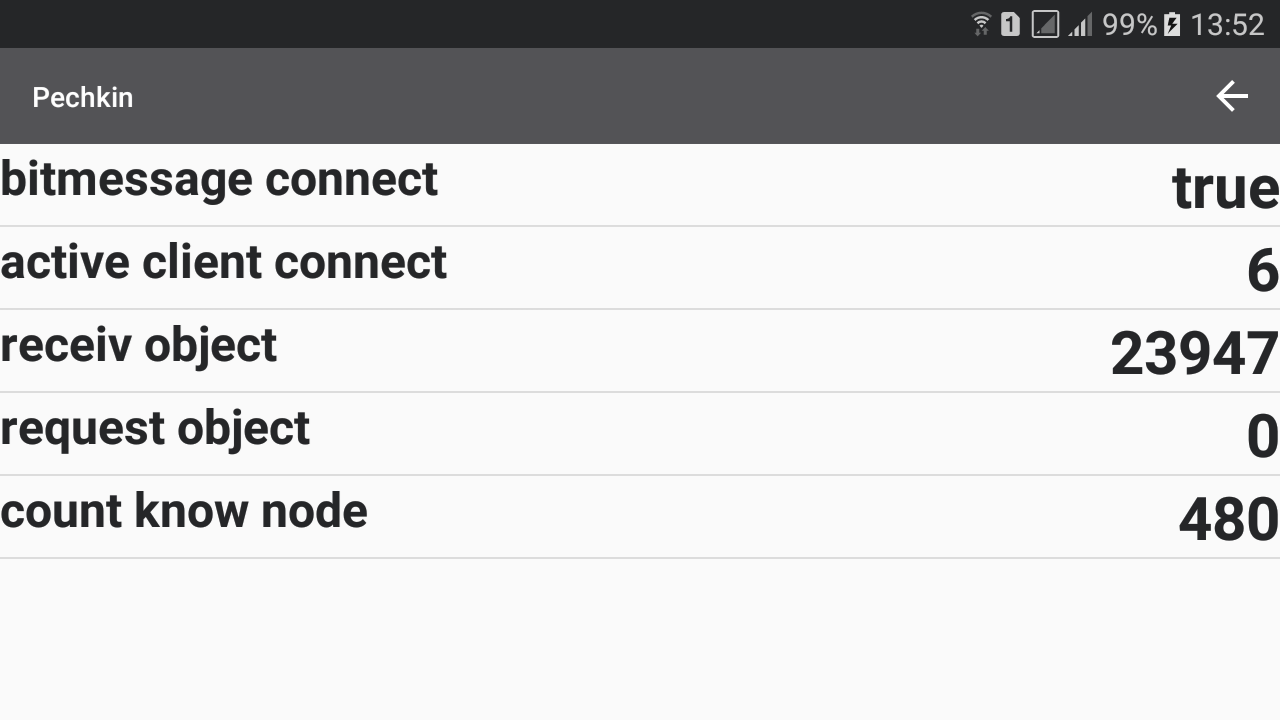
- Bitmessage echo test for free#
- Bitmessage echo test how to#
- Bitmessage echo test install#
- Bitmessage echo test upgrade#
- Bitmessage echo test code#
You will be helping to create a great privacy option for people everywhere! If you are a researcher capable of reviewing the source code, please email the lead developer.
Bitmessage echo test code#
Please follow the contribution guidelines when contributing code or translations.īitmessage is in need of an independent audit to verify its security.
Bitmessage echo test how to#
Step-by-step instructions on how to run the source code on Linux, Windows, or OSX is available here. You may view the Python source code on Github. For screenshots and a description of the client, see this CryptoJunky article: "Setting Up And Using Bitmessage".
Bitmessage echo test for free#
If Bitmessage is completely new to you, you may wish to start by reading the whitepaper.Īn open source client is available for free under the very liberal MIT license. It uses strong authentication which means that the sender of a message cannot be spoofed, and it aims to hide "non-content" data, like the sender and receiver of messages, from passive eavesdroppers like those running warrantless wiretapping programs. It is decentralized and trustless, meaning that you need-not inherently trust any entities like root certificate authorities. Alternatively you may downgrade to 0.6.1 which is unaffected.īitmessage developer Peter Šurda's Bitmessage addresses are to be considered compromised.īitmessage is a P2P communications protocol used to send encrypted messages to another person or to many subscribers.
Bitmessage echo test upgrade#
If you run PyBitmessage via code, we highly recommend that you upgrade to 0.6.3.2. The cause was identified and a fix has been added and released as 0.6.3.2 here. If you want to print some data for debugging purposes, write to stderr.A remote code execution vulnerability has been spotted in use against some users running PyBitmessage v0.6.2.

Only lowercase alphanumeric characters, underscores and dots are allowed.

ndNativeMessage can be used to send a message to native application without creating a port, e.g.: chrome. Below is an example of the manifest file: )
Bitmessage echo test install#
In order to register a native messaging host the application must install a manifest file that defines the native messaging host configuration. Chrome starts the host in a separate process and communicates with it using standard input and standard output streams. Native applications that support this feature must register a native messaging host that knows how to communicate with the extension. Read the announcement and learn more about migrating your app.Įxtensions and apps can exchange messages with native applications using an API that is similar to the other message passing APIs. Chrome browser and the Chrome Web Store will continue to support extensions.

Important: Chrome will be removing support for Chrome Apps on all platforms.


 0 kommentar(er)
0 kommentar(er)
